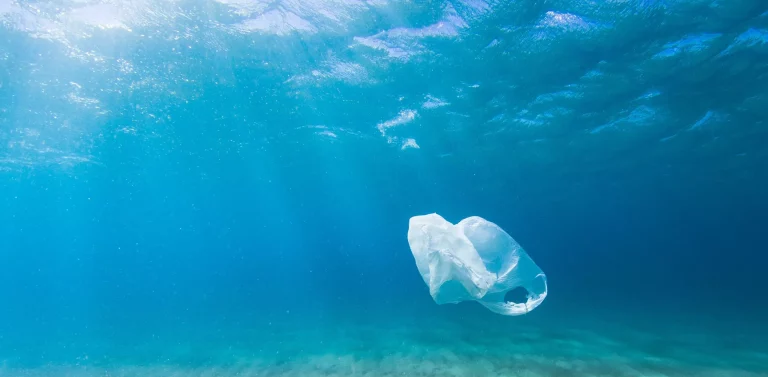Water is the essence of life, a precious resource vital for the survival of all living organisms. Covering about 71% of the Earth’s surface, water is crucial for maintaining the planet’s climate, weather patterns, and ecological balance. This article delves into the significance of water, its biological importance, and the challenges surrounding its availability and quality, emphasizing why conserving this resource is essential for sustainable living.
The Biological Importance of Water:
Water is indispensable for the biological processes that sustain life. It acts as a solvent, enabling cells to transport nutrients and expel waste products. Water is also essential for biochemical reactions within cells, including metabolism, respiration, and digestion. In humans, water makes up approximately 60% of body weight and is involved in regulating body temperature, lubricating joints, and protecting sensitive tissues. Without water, life as we know it would be impossible.
Water and Ecosystems:
Water is a critical component of ecosystems, supporting diverse forms of life. Freshwater ecosystems, such as rivers, lakes, and wetlands, provide habitat for countless species of plants and animals. These ecosystems are also essential for human activities, supplying water for drinking, agriculture, and industry. Marine ecosystems, which include oceans and seas, are equally important. They regulate the Earth’s climate, support fisheries, and provide livelihoods for millions of people.
Water Scarcity and Its Impact:
Despite its abundance, water is not evenly distributed across the globe. Many regions face water scarcity, a situation exacerbated by factors such as population growth, climate change, and pollution. Water scarcity affects more than 40% of the global population and has serious implications for health, agriculture, and economic development. In areas where clean water is scarce, people are at higher risk of waterborne diseases, and agricultural productivity can suffer, leading to food insecurity.
The Importance of Water Conservation:
Given the challenges of water scarcity, conservation efforts are more important than ever. Water conservation involves using water efficiently and reducing wastage. Simple measures, such as fixing leaks, using water-saving appliances, and adopting sustainable agricultural practices, can make a significant difference. Governments, organizations, and individuals must work together to implement policies and practices that protect water resources and ensure their sustainable use.
Water Quality and Pollution:
Maintaining water quality is as crucial as conserving water. Pollution from industrial activities, agricultural runoff, and improper waste disposal can contaminate water sources, making them unsafe for consumption and harming aquatic ecosystems. Ensuring clean water requires stringent regulations, effective waste management practices, and public awareness campaigns. By reducing pollutants and safeguarding water sources, we can protect both human health and the environment.
Technological Innovations in Water Management:
Advancements in technology offer promising solutions for improving water management. Innovations such as desalination, wastewater treatment, and smart irrigation systems can enhance water availability and quality. Desalination, for instance, converts seawater into fresh water, providing an alternative source for arid regions. Smart irrigation systems optimize water use in agriculture, reducing waste and improving crop yields. Embracing these technologies is essential for addressing the global water crisis.
Conclusion:
Water is a precious resource that underpins all aspects of life on Earth. From supporting biological functions to maintaining ecosystems and enabling human activities, its importance cannot be overstated. However, the challenges of water scarcity and pollution require concerted efforts to ensure sustainable water management. By conserving water, protecting its quality, and embracing technological innovations, we can secure this vital resource for future generations. In doing so, we not only preserve life as we know it but also promote a sustainable and thriving planet.


